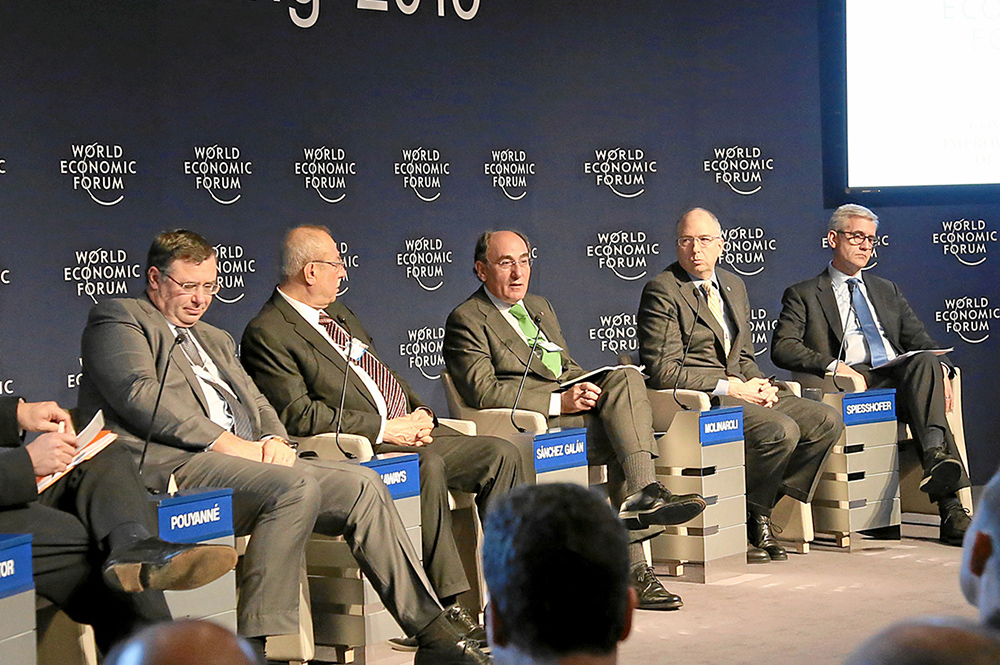The report shows that if governments had invested in renewable energy optimal for their geographic location then $100 billion could have been saved.
For example, the report states that Spain has less wind than the north of Europe but still has 23GW capacity. Germany, however, has 65% less solar irradiation that Spain but 600% more solar capacity.
"Such suboptimal deployment of resources is estimated to have cost the EU approximately $100 billion more than if each country in the EU had invested in the most efficient capacity given its renewable resources," the report said.
Another $40 billion could have been saved if countries had looked across borders for optimal renewables through interconnectors.
"Integrating electricity grids and markets across state and national boundaries can reduce costs, increase the stability of supply and create new investment opportunities," the report suggested.
It has also criticised uncapped renewable incentives (ie solar incentive in Germany) and over capacity can also be blamed for increasing energy prices.
"The uncapped renewable incentives and the lack of an integrated plan across renewable and conventional technologies have also resulted in capacity overbuild in some countries."
Chair of WEF's Utilities community is Iberdrola chief executive Ignacio Galan. He said: "Stakeholders across the energy sector need to collaborate to foster more cross-border cooperation while ensuring stable regulation."
The WEF is holding its yearly meeting of political and business leaders and thinkers in Davos, Switzerland.




.png)
HR.jpeg)
.png)








